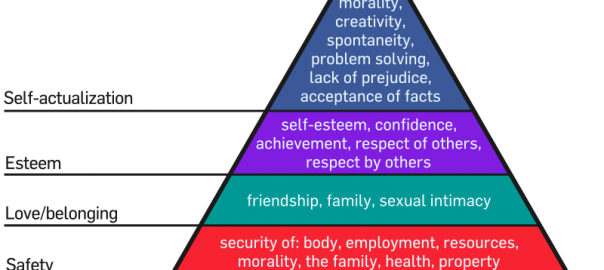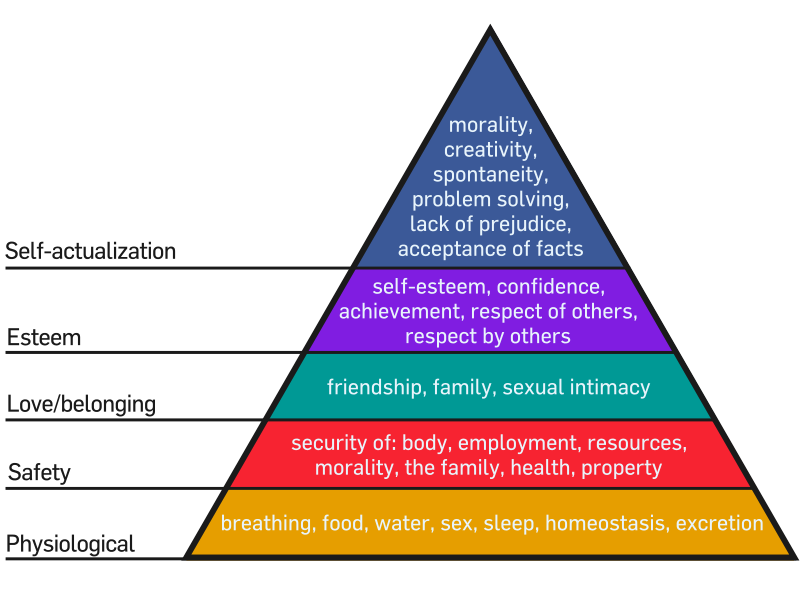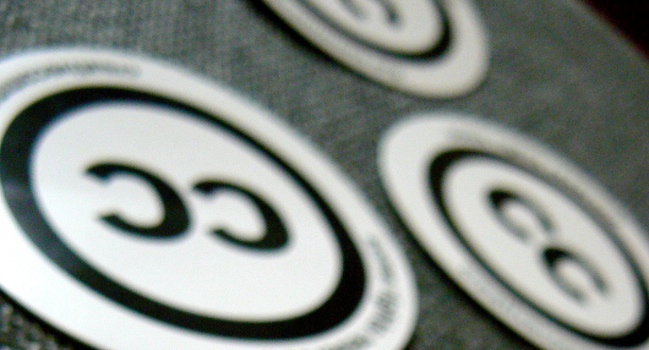Power and paths
One of the big influences for me when I started personal blogging, as opposed to blogging about education, was Zen Habits. It doesn’t look like it, but it’s one of the most viewed blogs on the web, with more than two million readers.
It’s written by Leo Babauta, who was recently interviewed on The Tim Ferriss Show. The podcast episode a great listen for a number of reasons, but I want to focus in on one thing that’s touched on briefly.
Babauta explains that he has six children, with four from his and his partner’s previous marriages, and the two they’ve had together. Some have gone to school, and some have been unschooled:
Unschooling is an informal learning that advocates learner-chosen activities as a primary means for learning. Unschoolers learn through their natural life experiences including play, household responsibilities, personal interests and curiosity, internships and work experience, travel, books, elective classes, family, mentors, and social interaction. Often considered a lesson- and curriculum-free implementation of homeschooling, unschooling encourages exploration of activities initiated by the children themselves, believing that the more personal learning is, the more meaningful, well-understood and therefore useful it is to the child. While courses may occasionally be taken, unschooling questions the usefulness of standard curricula, conventional grading methods in standardized tests, forced contact with children in their own age group, the compulsion to do homework, regardless of whether it helps you in your individual situation, the effectiveness of listening to and obeying the orders of one authority figure for several hours each day, and other features of traditional schooling in the education of each unique child.
Wikipedia
The point he makes is a simple one: if children are always brought up to be told what to do next, to be given a path, then how will they find a path of their own as adults?
He doesn’t make the connection explicitly, but my next thought was that this is perhaps why the default option for most people after school / college / university is to get a job in a hierarchical organisation with a boss telling you what to do.
The radical thing to do, and the thing which is much more empowering, is to reject persistent hierarchy and coercive power relations altogether. Instead, approaches such as consent-based decision making are the way forward. No-one needs someone telling them what to do all of the time — including children.
This post is Day 83 of my #100DaysToOffload challenge. Want to get involved? Find out more at 100daystooffload.com.




